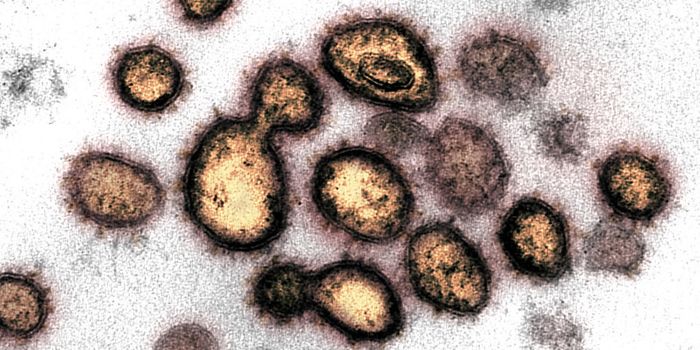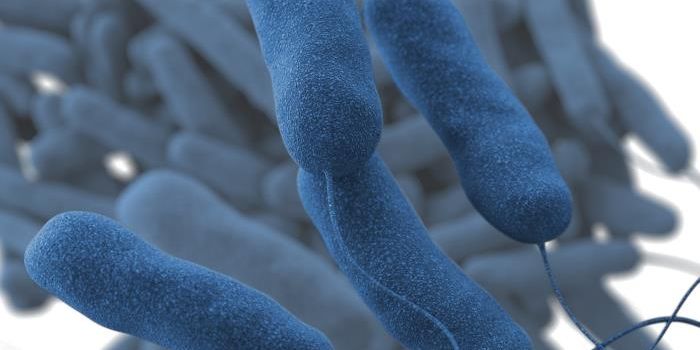Repeated Exposure to Artificial Sweeteners Harms gut Microbes
Saccharin was created in 1897, and artificial sweeteners have been used in foods for decades. That’s led scientists to perform thousands of studies investigating how these additives affect the human body. It has appeared as though they are safe in moderation, like many things, but the jury is still out on whether or not they are better than sugar. New research suggests that they might be having a harmful effect on the microbes that live in our gastrointestinal tract, which affects our health in turn.
"My recommendation is to not use artificial sweeteners," Ariel Kushmaro, a professor of microbial biotechnology at Ben-Gurion University, told Business Insider.
Reporting in Molecules, Kushmaro and colleagues at Ben-Gurion University of the Negev in Israel and Nanyang Technological University in Singapore found that normal gut microbe function is disrupted by the sweeteners. Our digestive tract relies on a massive community of microorganisms to help break food down, and those microbes have been connected to many health conditions.
Related: Making War or Peace in the Gut - the Microbiome and Health
For this work, the researchers used a special strain of Escherichia coli, which is often a normal part of the gut's microbial community. This bacterium was designed by the researchers to emit light when it comes into contact with toxins, or any of the six sweeteners considered safe for food, including saccharin, Sucralose, and aspartame, as well as protein powders containing the ingredients.
"We modified bioluminescent E. coli bacteria, which luminesce when they detect toxicants and act as a sensing model representative of the complex microbial system," explained Kushmaro. "This is further evidence that consumption of artificial sweeteners adversely affects gut microbial activity which can cause a wide range of health issues."
The bacteria were exposed to the sweeteners, and after hundreds of exposures, it was found that the sweeteners became toxic to the bacteria so they could not grow or reproduce. If a drink containing artificial sweeteners was consumed daily, said the researchers, it may be enough to have a harmful influence on the gut microbiome. It may also make it harder for the body to metabolize regular sugars. However, this work was not conducted in people, a major limitation.
"We are not claiming that it's toxic to human beings," Kushmaro noted, "we're claiming that it might be toxic to the gut bacteria, and by that, will influence us."
Rodent studies have shown that artificial sweeteners can alter metabolism. In rats, they also caused muscles to break down.
Human studies have indicated that artificial sweeteners are connected to metabolic disorders like diabetes and obesity. They may also affect appetite and could be making people want to eat more.
Kushmaro wants to continue this work to find out more about the cellular process at work in the microbiome. "In the last few years, we're getting to appreciate how important these microbial communities are," he said.
Sources: Science Daily via American Associates, Ben-Gurion University of the Negev, Business Insider, Molecules









